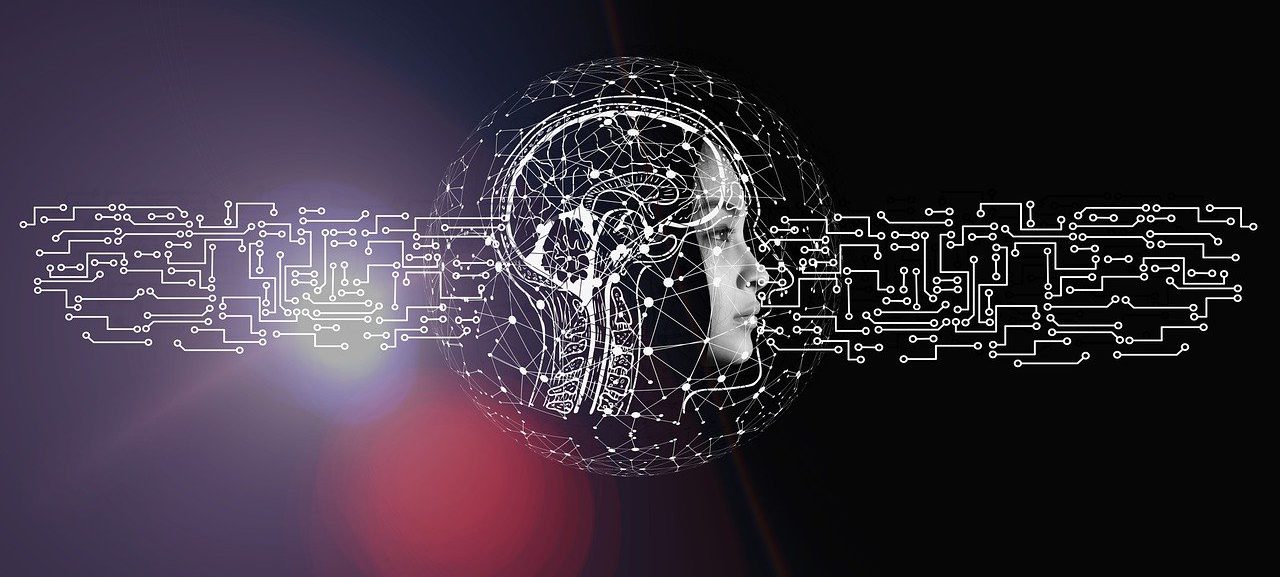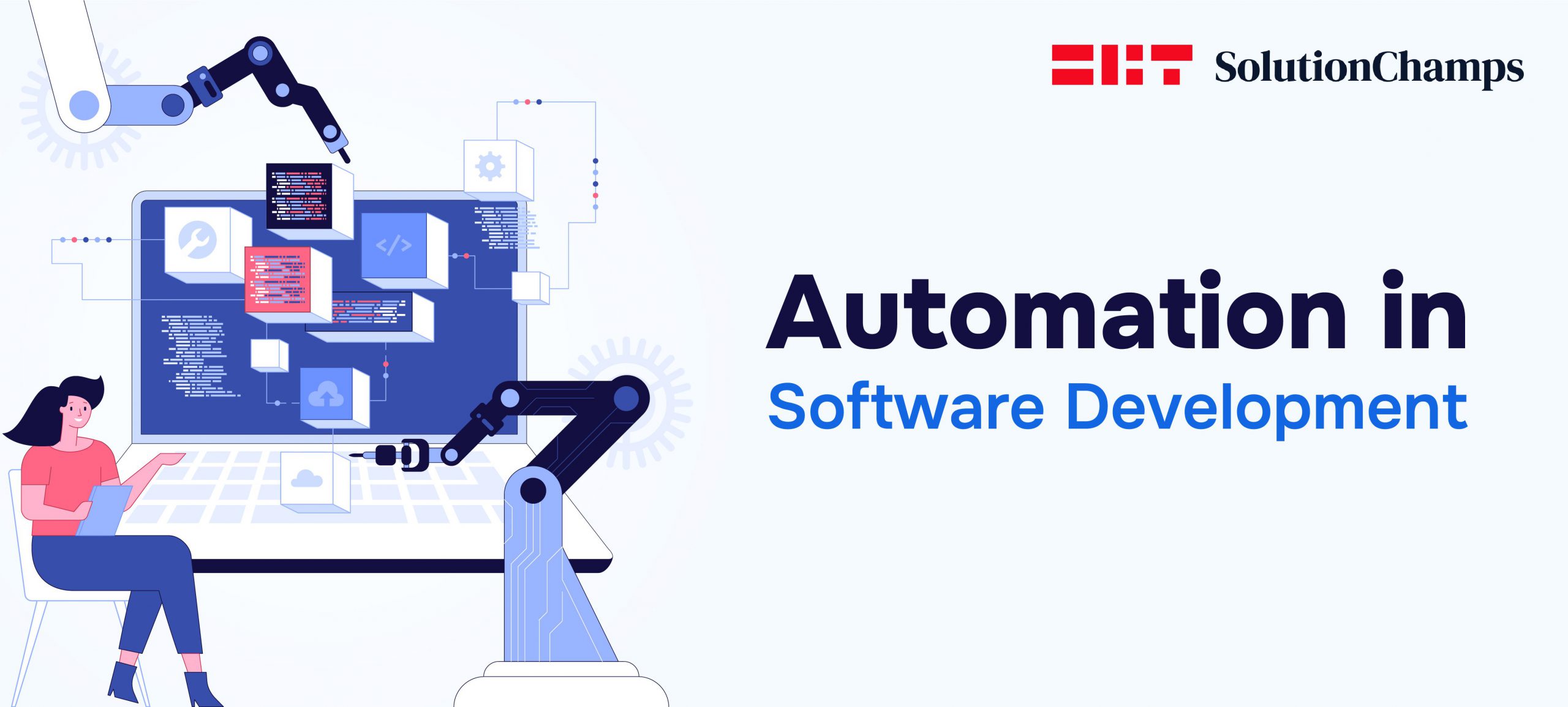Introduction
In the digital era dominated by Artificial Intelligence, the concept of Responsible AI navigates the delicate balance between technological advancement and ethical consideration. They are meant to address data privacy and bias results. In this blog, we uncover Responsible AI and its principles.
What is Responsible AI?
Responsible AI – involves the ethical application of AI technology, emphasizing a thorough consideration of its ethical, legal, and societal implications throughout the development process. Through a combination of principles, guidelines, and technical practice that ensures the development, deployment, and use of Artificial Intelligence align with ethical standards.
Principles of Responsible AI
Fairness – To mitigate bias decision
What if AI could guarantee fairness and impartiality, free from bias or prejudiced outcomes? Responsible AI ensures that all users are treated equally, regardless of their racial, ethnic, gender, economic, or other characteristics. To reach this goal, AI developers need to ensure that the data used for algorithm training is diverse and must eliminate any discriminate patterns. AI technology is been painted as both a villain and a hero depending on how it is been trained, deployed, and used.
Transparency – To reveal how they work
Imagine a world where AI is more transparent about how it arrives at specific decisions or recommendations. This can avoid several negative consequences and raise concerns, about fairness, ethical use, and accountability. When they are as transparent as a crystal-clear lake, users can understand how they work, and on what basis the decision is made. This, in turn, ensures trust and confidence.
Reliability & Safety – To ensure a reliable system
What happens in the event of an AI system failure? How does the algorithm respond in an unexpected situation? The reliability of AI systems is evident when they effectively address “what if” scenarios and respond properly to any unforeseen situation, instilling confidence in users.
Privacy & Security – To ensure a secure AI system
Privacy and Security has become a heated debate. The data that AI takes into account are subjected to privacy laws, and the system should comply with them. Security emerges as another crucial principle of AI systems. Data collected by AI are prone to hackers, and the user should handle the data responsibly. They should ensure AI technology does not violate anyone’s privacy and protect data securely.
Accountability – To address the consequences of working
Accountability stands as a cornerstone in implementing the framework of Responsible AI. Accountability means the one who creates the AI system is responsible for its functioning. They must maintain meaningful control and be in charge of the ethical implications of data use and misuse. To ensure accountability, clearly defining the responsibilities of individuals accountable for AI development is vital.
Responsible AI in Healthcare
Since AI has the potential to risk patient privacy, safety, and preference ethical problems need to be identified and solved. These issues can hinder several complications in the healthcare industry. Questions to be raised before adopting AI in this sector:
- Since the industry is involved in the well-being of individuals, to what extent we should rely on AI?
- How to ensure that the algorithms are used only for their intended purposes?
When deployed in the right way, Responsible AI comes with more benefits. They offer the framework for how the healthcare sector can mitigate challenges associated with deploying AI. They ensure that AI technology is deployed in a manner that respects the privacy and rights of the patients while minimizing the bias and disparities in the sector. They prioritize the patient’s well-being along with ethical considerations.
Responsible AI in the Financial Sector
Many organizations started to develop their virtual assistants to assist customers in finding products and services. They may face consequences when they fail to exercise adequate care and attention in managing the applications. The challenge involves biases in outcomes during the analysis of input data, credit score, and risk assessment. Users of AI analytics must have an in-depth understanding of the data used throughout the training, and deploying of AI systems.
Responsible AI in the Manufacturing Industry
In general, AI in the manufacturing industry helps to streamline operations – AI in predictive maintenance is an example. Yet, there are serious issues as AI could not justify a few decisions. Responsible AI can provide a system to justify the decisions taken by AI.
They require a delicate balance between technology insights and regulatory compliance. Prioritizing accountability, environmental responsibility, and compliance enables manufacturers to accept AI with confidence, upgrading the sector while protecting human values.
Conclusion
Responsible AI ensures that the systems are designed, implemented, and utilized in a manner that prioritizes transparency, and fairness.
Ready to join the forefront of Responsible AI? The game-changer benefits society by being transparent about its use, ensuring accuracy, and privacy. By sticking to these guidelines, developers can ensure that AI technology is applied in ethical, and fair ways. Looking for the best AI software development services? Look no further, as SolutionChamps offers Artificial Intelligence solutions tailored according to the business needs. Get in touch with us today!
 HealthCare
Contact Us
HealthCare
Contact Us
 HealthCare
Contact Us
HealthCare
Contact Us




